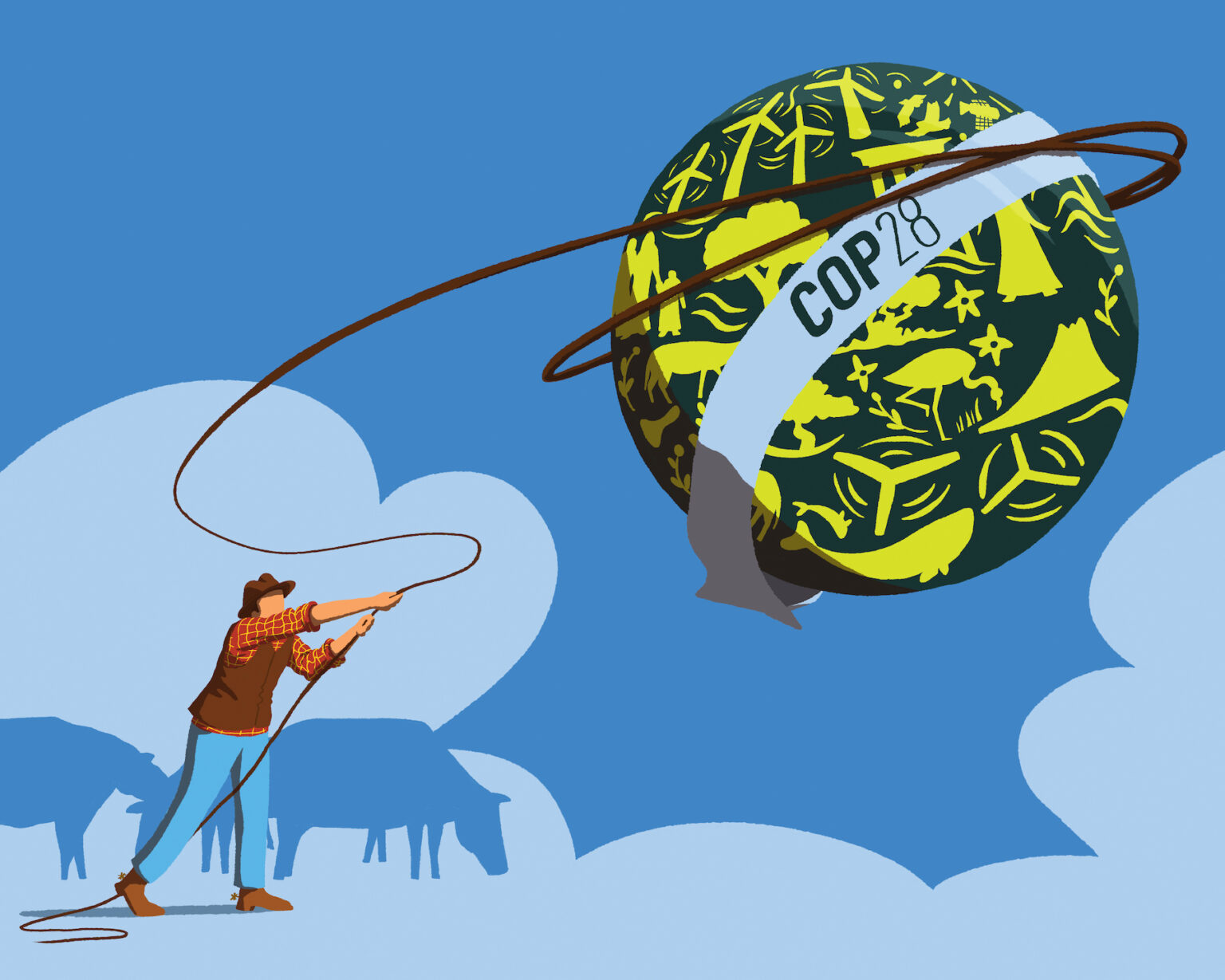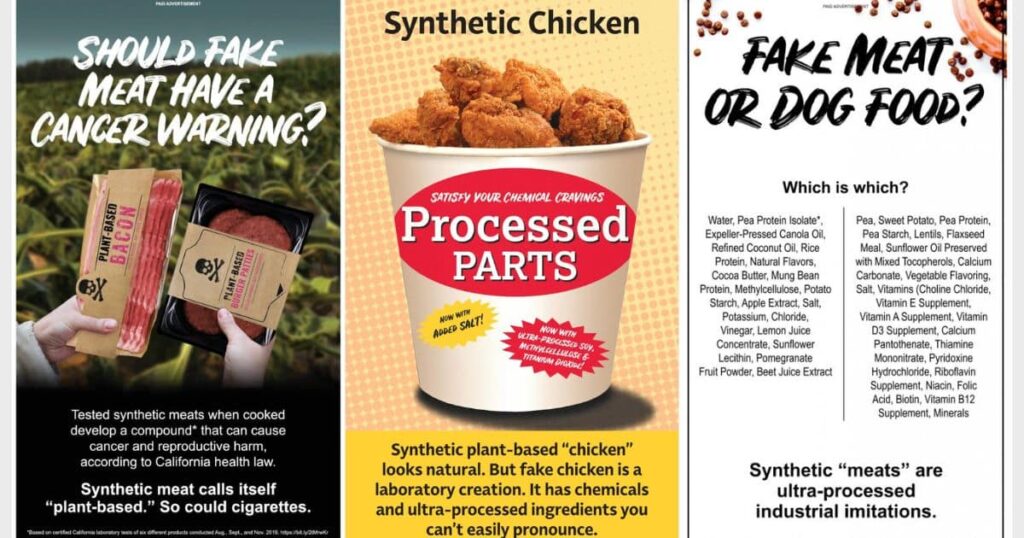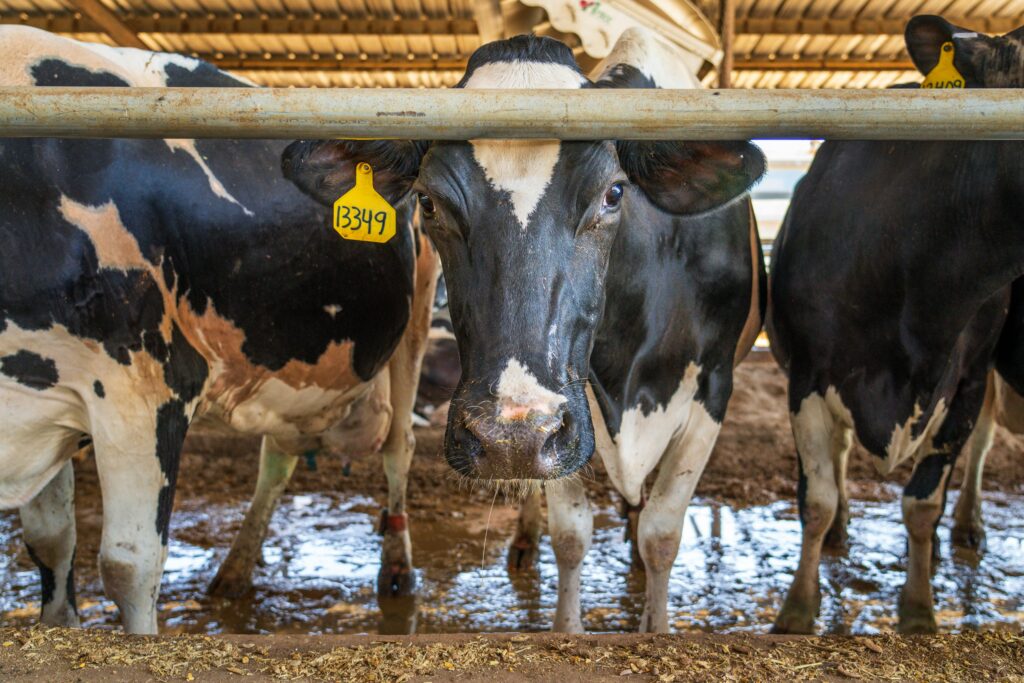A BBC headline in July puts it starkly: “Eating less meat is like taking 8 million cars off road”. It’s the kind of topline that’s guaranteed to strike fear into the heart of food corporations, which are increasingly under pressure to cut pollution, just like the fossil fuel industry.
The evidence of big agriculture’s role in driving the climate crisis is growing. A March study found that without decisive action, emissions from the food system alone will push the planet over 1.5C of global warming.
But with growing scrutiny of food systems – and increasing interest in transformative change – has come a concerted pushback from the powerful companies and countries that have the most to lose from a break with the status quo.
So, in the lead up to this year’s COP28 summit in Dubai, DeSmog will be investigating powerful agribusiness interests and finding out whether the “climate solutions” they put forward are likely to result in meaningful cuts in pollution.
Hosts this year are the controversial oil-dependent United Arab Emirates (UAE), which, in the face of harvests decimated by record-breaking heatwaves, droughts across the world and overheated oceans, is keen to keep food high on the summit agenda.
But in order to bring about the rapid, deep cuts to emissions that would slow global heating, the agriculture industry’s solutions need to be… well, serious and genuine. That means: reasonable, strong and very short term targets for cutting pollution.
Yet, many of the solutions being trialled by industry to cut methane emissions – from feeding cattle seaweed to genomic editing of cows – are either disingenuous, unproven or failing to deliver.
To help decipher some of the new industry-friendly ideas on offer, in the run up to the November summit, we will be sifting through the new greenwashing vocabulary that has emerged around methane – the potent greenhouse gas produced by cattle and other livestock.
We also plan to take a closer look at influential groups such as the UAE-US led Agricultural Innovation Mission for Climate (or “AIM for Climate”), which last year attracted criticism for favouring big business and promoting uncertain techno-fixes.
Over the last few years, DeSmog has documented how major agriculture firms are working to control food and climate narratives. Industry tactics range from promoting “climate-friendly” cows to filling the corridors at climate summits with ever larger numbers of lobbyists. As a result, they have enjoyed important victories: for example lobbying successfully to exclude agriculture from the 2021 Global Methane Pledge.
As biodiversity loss continues apace and global temperatures increase, DeSmog will work to make visible the outsized influence of those blocking climate action in the heart of our world governance systems. Science tells us that we cannot afford to do otherwise.
Hints, feedback or tips for the series? We’d love to hear from you. Get in touch at [email protected] or [email protected]
Subscribe to our newsletter
Stay up to date with DeSmog news and alerts







